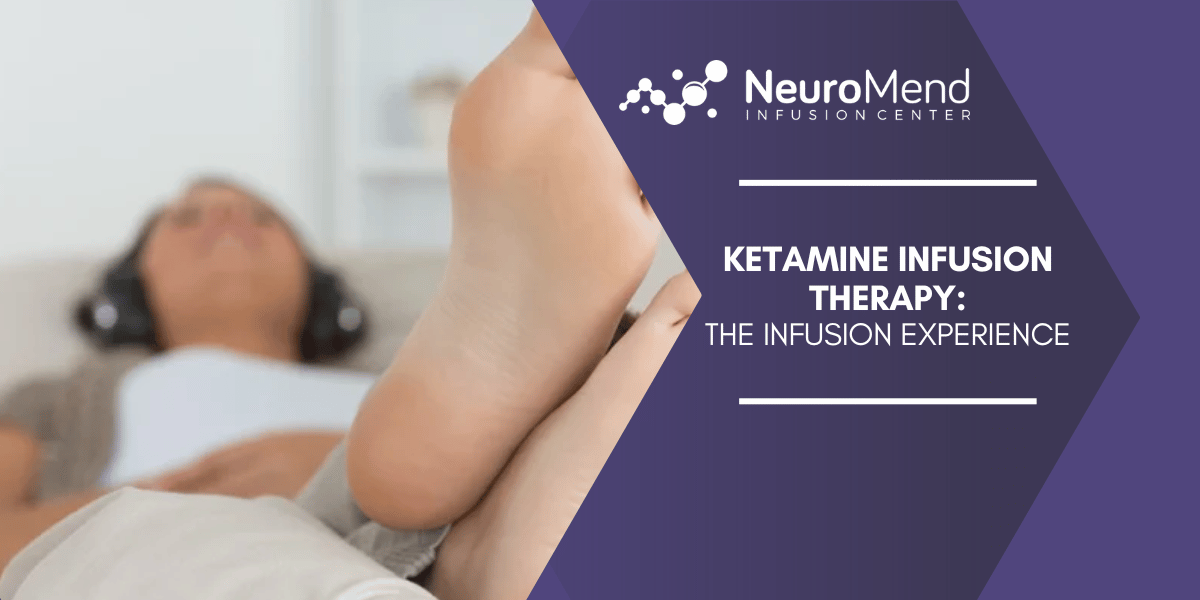What is it about practicing yoga that leaves you feeling relaxed, at peace, and just better? Or, less angry? Less sad? Was it because you were physically separated from your phone for more than 30 minutes during waking hours? Or, that you gave yourself permission to let go of that thing, that person, or that fear you hold onto for dear life, for an hour? Was it the simple act of moving your body while also breathing that left you feeling that good?

Throughout the day, we live mostly in our heads - barely breathing, ruminating over regrets, comparing ourselves to others, chasing deadlines, criticizing our appearances, worrying about tomorrow, and, more than often, longing for lives other than our own. Stop for a moment, and consider the thoughts you entertain and the stories you attach to these thoughts. What are the messages you tell yourself about your life, your circumstances, and others? How do they impact your health? Your relationships? Your daily life?
The Mind Always Follows the Breath
Now, become aware of your breath. Chances are, your breath is shallow and fast-paced, and your sympathetic nervous system – the part of the autonomic nervous system that governs the fight-or-flight response – is engaged. Now, begin taking slow, deep breaths, and notice your mind and body start to relax. Breathing is an unconscious process in our body that we can consciously control. It is the vehicle that brings us right to the present. If you’ve been to a yoga class, you are probably familiar with breath cues the teacher gives as you move in and out of poses.
Click HERE to find out more about how breathing consciously can help you manage your stress while also improving your cardiac health.
Yes, Scientists Know Yoga Works
Yoga is a union of the body, the mind, and the breath, and developing a yoga practice can impact your life in deep, powerful ways. Not only does practicing yoga assist in treating depression and anxiety, but it can improve your cognitive functioning, your heart rate variability, and the quality of your sleep. The benefits of practicing yoga regularly are countless and worth considering, especially if you are experiencing depression or anxiety.
Last month, a research article was published in the Psychological Medicine journal, demonstrating the efficacy of Hatha yoga in treating depression. Note: Hatha yoga employs asanas (physical poses), coupled with pranayama (breath control), to bring flexibility, balance and strength in the body - all in preparation for meditation. Hatha yoga was utilized as an adjunct to antidepressant medication in subjects with elevated depressive symptoms. Subjects were randomized into two groups – one participated in weekly hatha yoga classes, while the control group attended weekly health education classes. The intervention phase lasted for ten weeks, and subjects were followed for six months thereafter. The research outcomes demonstrated the cumulative effects of yoga, as the subjects who practiced yoga showed decreased depressive symptoms, better social and role functioning, and general health perceptions over time.
For people who battle depression, antidepressant medication may not be enough. Adding adjunct treatments, such as yoga, can improve patient outcomes, equipping students with tools to tackle the most difficult days.
For more information on evidence-based treatments for depression, click here.
ABOUT NEUROMEND INFUSION CENTER
![]() We are an Evidence-Based Center of Excellence and the leading provider of Ketamine Infusions, IV Infusions and Ketamine Consulting Services for Ketamine Clinics and IV Therapy Clinics.
We are an Evidence-Based Center of Excellence and the leading provider of Ketamine Infusions, IV Infusions and Ketamine Consulting Services for Ketamine Clinics and IV Therapy Clinics.
We Provide Effective Treatment For The Following Conditions: Major Depressive Disorders, Post-traumatic Stress Disorder (PTSD), Bipolar Depression, Suicidal Ideations, Obsessive Compulsive Disorder (OCD), Chronic Migraines, Severe Anxiety, Fibromyalgia and Chronic Pain.










